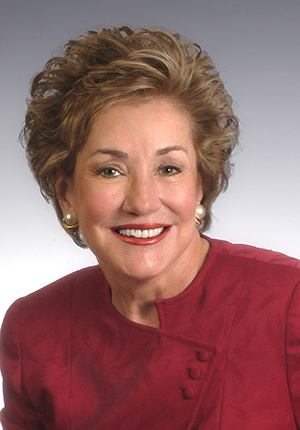Summary
Dole involved the question whether the federal government may accomplish indirectly through its power to tax and spend what it otherwise could not accomplish directly through regulation because such a regulation would be beyond its enumerated powers. Dole was decided in the 1980s and reflects the increasing nationalization of the economy as the country grew and needs for national regulation became more acute.







